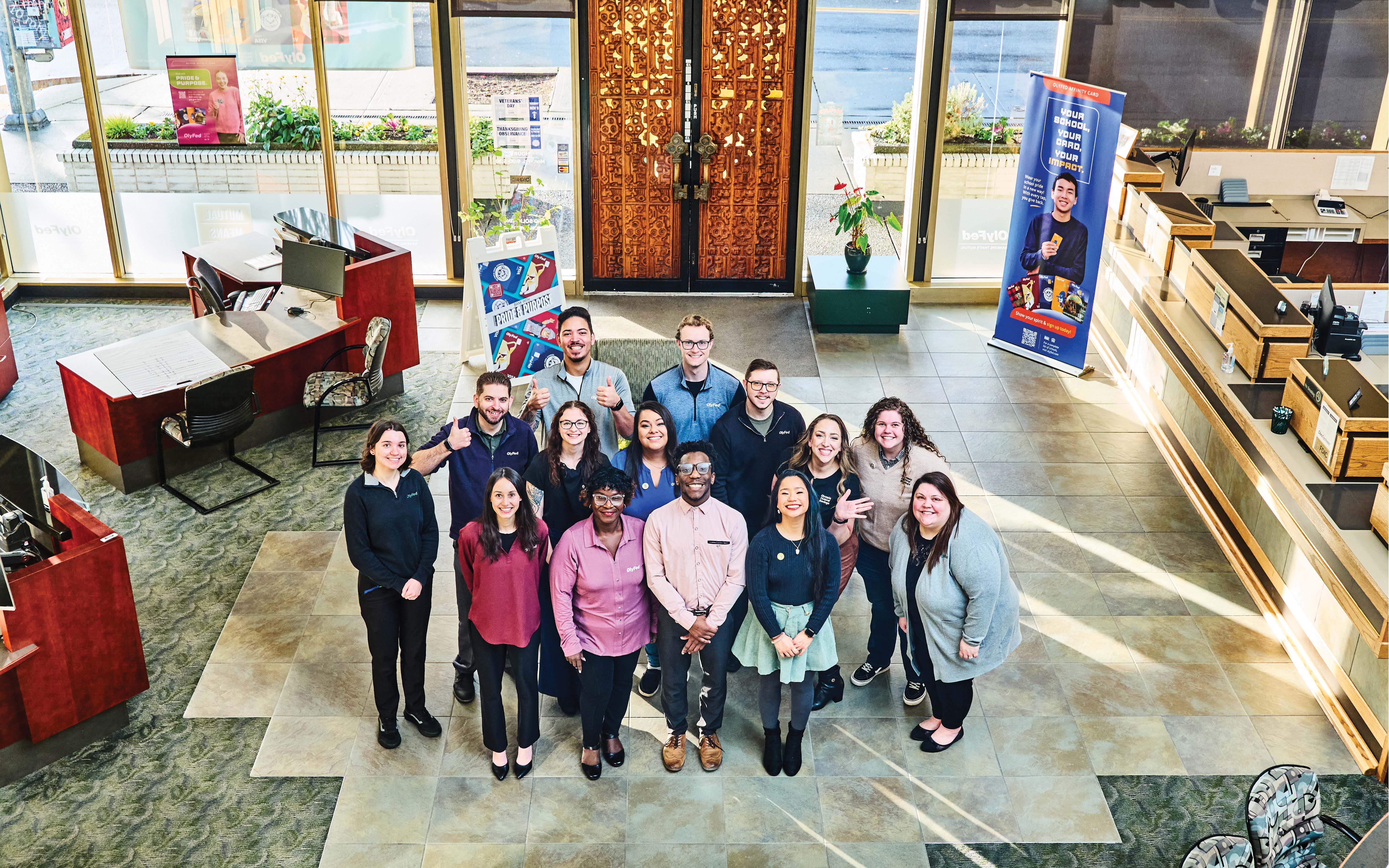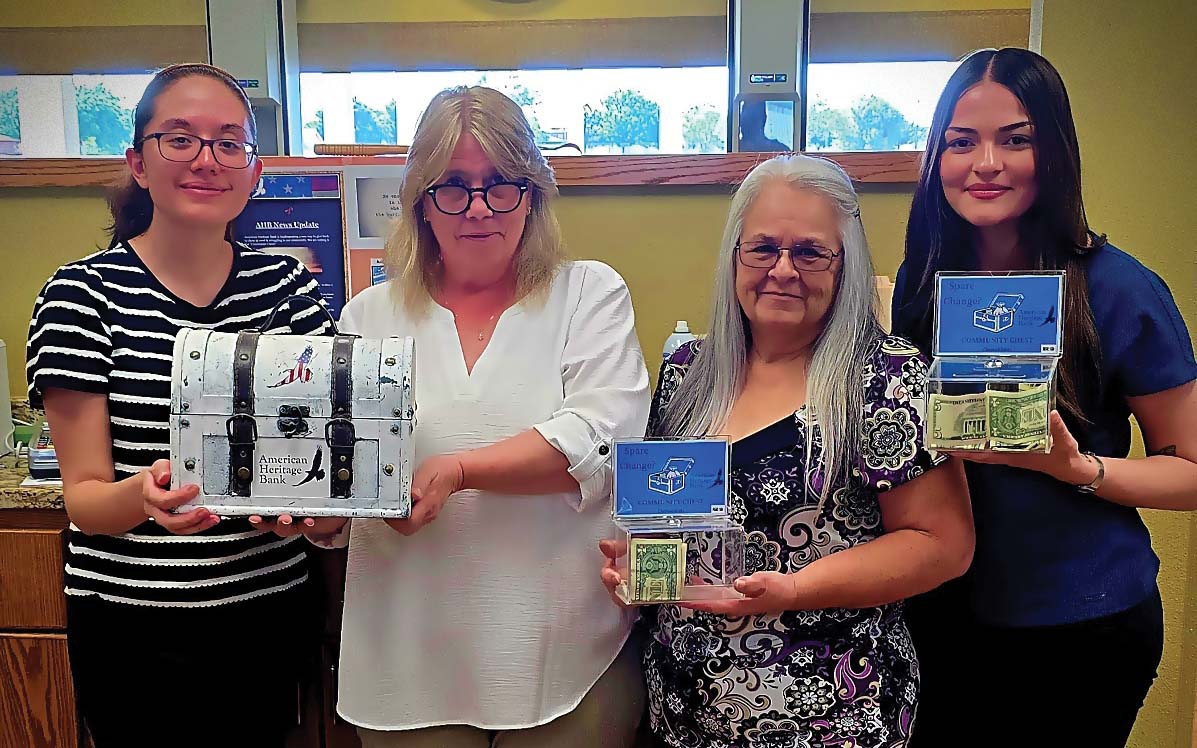Community banks are close to the areas they serve, so it follows that having a diverse workforce that’s representative of their communities would be part of their mission. But doing so often requires a conscious effort to attract talent of various backgrounds. Here’s how experts say banks can appeal to a diverse pool of candidates.
How your bank can attract and keep diverse talent
June 01, 2021 / By Elizabeth Judd
Community banks are close to the areas they serve, so it follows that having a diverse workforce that’s representative of their communities would be part of their mission. But doing so often requires a conscious effort to attract talent of various backgrounds. Here’s how experts say banks can appeal to a diverse pool of candidates.
A diverse workforce can bring community banks a wealth of organizational benefits and fresh opportunities. And it helps their communities, too. Businesses across industries agree on the “why” behind diverse workforces, but what isn’t so clear is the “how.” How do employers attract people of different genders, races, ages and other backgrounds, especially if said employer is in a small town or rural area? Luckily, many community banks are a step ahead of the trend.
“The banking industry overall has historically employed a large number of women,” says Alan Kaplan, founder and CEO of Kaplan Partners, a retained executive search and board advisory firm in Philadelphia. “Because [community] banks are so community minded … it’s in their DNA to strive to hire a more diverse population.”
Uncovering new ways to foster diversity is central to the mission of community banking. Many communities across the country have become increasingly diverse, a trend that is set to continue. And community banks are trying to put their best foot forward and increase the focus on diversity with new hires, Kaplan says.
“Many community banks have really been keeping diversity, equity and inclusion at the top of mind when it comes to recruiting,” says Rhonda Thomas-Whitley, ICBA vice president and regulatory counsel.
Broadening the pool
According to Jennifer Nodes, principal at Minneapolis-based employment law firm Jackson Lewis, community banks have made enormous strides when it comes to bringing women into leadership roles, but efforts to increase racial diversity have been less successful. “There’s a desire to make headway,” Nodes says.
Thomas-Whitley recommends that banks with unmet diversity goals seek out candidates at historically Black colleges or schools with minority-based organizations or business groups, such as a Black student union, an Asian-American and Pacific Islander student association or a Hispanic-American chamber of commerce. “These are great ways for community banks to spread their net, especially those that are in demographic areas that are not diverse” she says.
Kaplan agrees. “If you want to diversify your workforce, you have to diversify your thinking,” he says, adding that how a bank writes its job descriptions affects the pool of qualified applicants. “To say someone must have 15 years of commercial lending experience or 20 years of finance experience, in a bank of XYZ size, can be unintentionally exclusionary.”
Cameron Boyd, financial services practice director at Smith & Wilkinson, an executive search and leadership consulting firm in Scarborough, Maine, says community banks may have to broaden their intended applicant pool.
“We’ve had a lot of success recruiting [diverse] candidates for organizations willing to think a little differently,” he says. “If the criteria are that we’re looking for someone exceptionally smart with a diverse set of life experiences … then your odds of having a diverse candidate pool are that much greater.”
Boyd believes the pandemic has expanded the kinds of settings in which employees can be effective. For example, remote work for certain positions could attract a wider array of candidates. “We tell our clients that if you’re willing to leverage the fact that we all know how to work remotely now, and if you’re willing to think outside the box in terms of what a [position] looks like on paper,” he says, “then we can put a diverse candidate pool in front of you.”
Fostering an inclusive culture
A community bank may attract diverse hires, but if the culture is not welcoming to them, those new hires may not stay. “It’s important to remember that part of the diversity equation is inclusion,” Boyd says.
“Once your new hires are there, you want to make sure that you’re providing them worthwhile opportunities,” Thomas-Whitley says. “They want to excel and shine and have a seat at the table. It’s as simple as that.”
Before embarking upon a diversity push, speak with employees from different backgrounds to understand their experiences. “Do they actually feel included? Do they feel seen and heard?” Kaplan says.
He adds that attracting and retaining a diverse workforce will hinge on future-oriented initiatives like mentoring, unconscious bias training and fostering a welcoming culture. He says, “Boosting diversity in senior ranks will require a long term commitment to revitalizing hiring, inclusivity and talent development efforts.”
Diversity from a regulatory standpoint
Section 342 of the Dodd-Frank Act brought diversity policies to the forefront for the FDIC, the Office of the Comptroller of the Currency (OCC), the Consumer Financial Protection Bureau (CFPB) and other financial regulators—and yet the community banks that they regulate are typically not subject to the same requirements.
Jennifer Nodes, principal at employment law firm Jackson Lewis in Minneapolis, wants to debunk the idea that diversity is solely about increasing the number of women or racially diverse people on the board and/or the executive leadership team.
Rhonda Thomas-Whitley, ICBA vice president and regulatory counsel, believes that community banks are working hard to increase diversity within their own institutions. “Community banks are in the community and take issues of diversity to heart,” she says. “[They] work hard to serve the communities in which they operate, in all capacities, including recruiting.”
Subscribe now
Sign up for the Independent Banker newsletter to receive twice-monthly emails about new issues and must-read content you might have missed.
Sponsored Content
Featured Webinars
Join ICBA Community
Interested in discussing this and other topics? Network with and learn from your peers with the app designed for community bankers.
Subscribe Today
Sign up for Independent Banker eNews to receive twice-monthly emails that alert you when a new issue drops and highlight must-read content you might have missed.
News Watch Today

Join the Conversation with ICBA Community
ICBA Community is an online platform led by community bankers to foster connections, collaborations, and discussions on industry news, best practices, and regulations, while promoting networking, mentorship, and member feedback to guide future initiatives.













